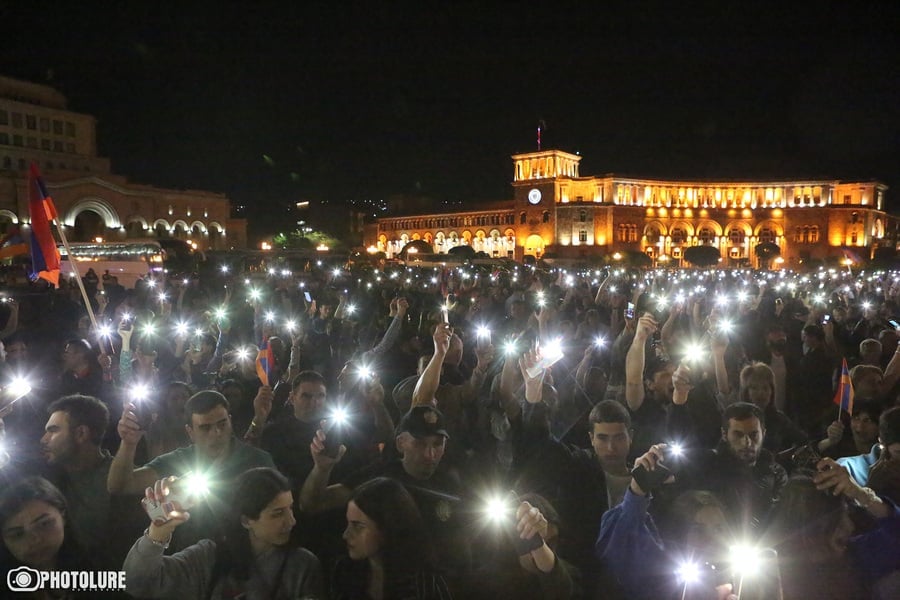As a citizen, I have a few minimal expectations from the leader of the political force that will come to power after a change of government. For now, I’ll list three.
I expect that Armenia’s new leader will respond to Baku’s demands about “returning to Western Azerbaijan” with a clear and unequivocal “No.” Not with slippery excuses like “raising the refugee issue is dangerous right now,” nor with vague formulations such as “well, it’s possible that Armenians could live in Azerbaijan and Azerbaijanis in Armenia.” It is precisely these cunning maneuvers that are dangerous—not a firm refusal. And there is no need to tell fairy tales that such a decisive “no” would trigger a war; at this moment there are no preconditions for one. And if those preconditions ever do emerge, our “yes” or “no” will make no difference whatsoever.
I also expect that Armenia’s new leader will say an equally firm “no” to the demand of handing over Tigranashen and the Tavush villages to Azerbaijan, instead of trying to juggle arguments like, “in return we would get Artsvashen.” This is not an equivalent exchange—because it jeopardizes Armenia’s strategic lines of communication—and at that price, we do not need Artsvashen. Here again, the position must be unequivocal, leaving no room for ambiguity.
Finally, I expect the new leader to put an end to the disrespectful campaign against the Armenian Apostolic Church. Let me repeat: this is a campaign against the Church itself, not individual clergymen. The Church is a patriarchal, hierarchical institution in which subordinates must follow the decisions of their superiors; and if someone believes those decisions are wrong, they are free to leave the institution.
Read also
This campaign deeply offends my religious sensibilities—regardless of what I may think of our Catholicos or bishops. But even if I were a militant atheist, the fact would remain: these attacks by the government are blatant violations of the Constitution and the law. The Prime Minister and ministers have no business deciding who should or should not lead a religious organization, who should be defrocked, and who should remain in service.
Now, if we mentally run through the list of possible candidates for prime minister, we’ll see that nearly all of them—except for a few satellites of the ruling Civil Contract party and a couple of “spoilers” pretending to be opposition who clearly have no intention of becoming prime minister—meet these basic criteria. The new prime minister’s last name matters far less.
Aram ABRAHAMYAN





















































